By: Julia R.
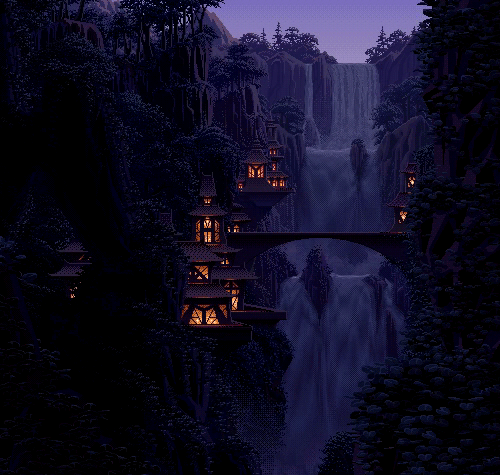
The assuaging places that my mind loves to wander off to during these times of seclusion are the fictional worlds that present themselves as utopias. They manage to provide me with comfort and a momentary escape from the calamities that we are all focusing on. For a brief moment, I can visualise the magic of these worlds and somehow transfer them to my own reality, and our world suddenly appears fresh and new. Although it does not solve our adversities, it allows me to take a step back and have a more positive outlook on life, similar to that of a child’s perspective. We could all use a little imaginary adventure, so here are a few of my favourite fictional utopias.
Narnia
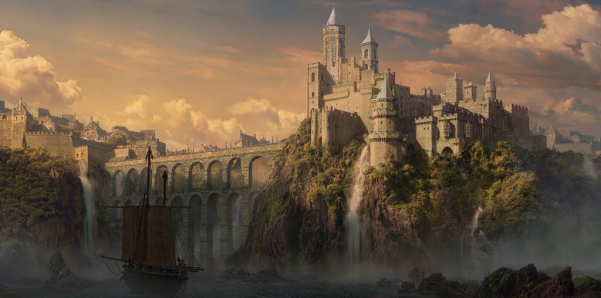
When I think of utopia, the first image that I envision would be one that looks like Narnia. Being a figurative representation of Heaven, I think Narnia is a place where all of us would be able to find a sense of belonging based on our preferences of settlement, may it be the mountainous Archenland, the rocky Ettinsmoor, or you could even opt to sail aimlessly on the Great Eastern Ocean. That is Narnia’s main appeal to me; that there is a place for everyone. Especially during this pandemic – the whole idea of being able to access a magical world just by going through your wardrobe whenever you just wish to escape Earth’s chaos – is comforting.
Herland
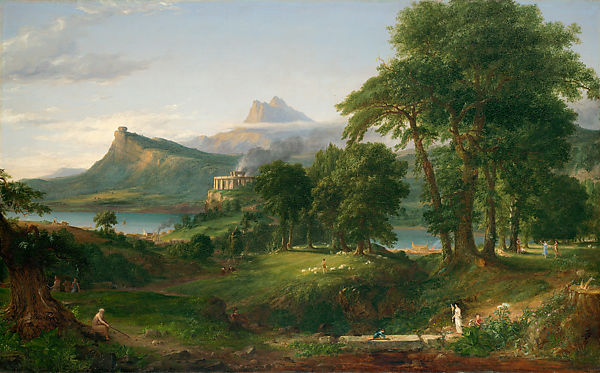
Imagine a land where tranquility reigned, with morality and culture being of utmost importance – the image that you paint might come close to that of Herland. Being isolated and inaccessible from the rest of the world as well as being self reliant on its natural resources, Herland would definitely be a place that I would want to be in during this time of quarantine as it would ensure my safety from the virus whilst allowing me to live a somewhat carefree life. The beauty of this fictional world is its emphasis on selflessness and how communities are able to unite to have a symbiotic relationship against corruption and immorality. This sort of social structure makes sense to me as it breaks apart the concept of familial institutions and focuses instead on creating an integrated unit within society.
Wonderland
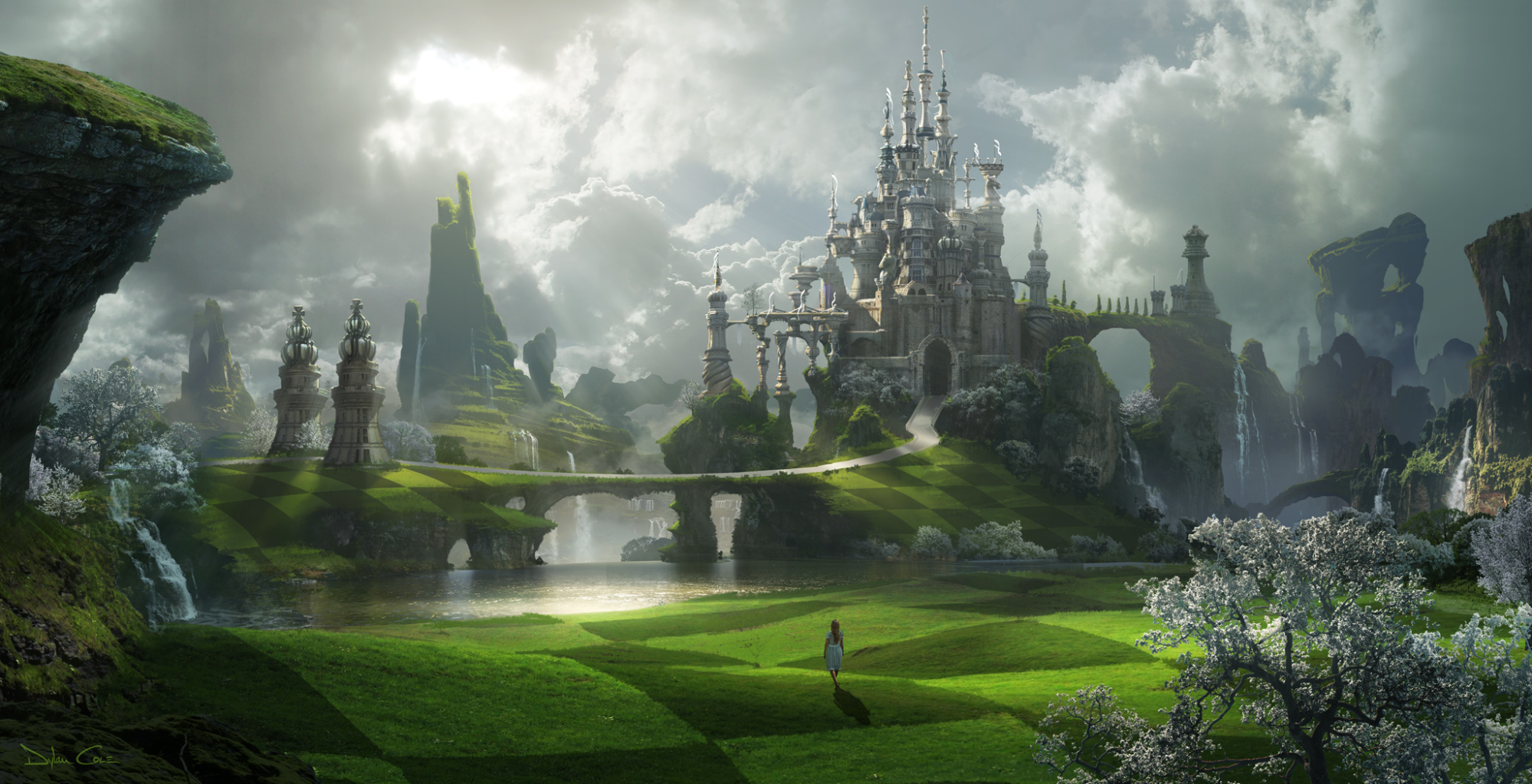
Call me insane if you will, but I shall retain my opinion that Wonderland is a utopia. Wonderland is the epitome of a world where self expression is accepted and ingrained within each individual that the lines of normality are completely effaced and everyone is free to be entirely themselves. Although to some it may seem like more of a psychedelic dream (which would explain the abundance of mushrooms) than a utopia, Wonderland personally seems to be such a magical place that would make everyday life feel like an adventure (in contrast to my dull life during this lockdown). Yes, Wonderland may seem like a chaotic experience in the beginning due to our experiences of modern day normality but I think if we stayed long enough, the “madness” of Wonderland would soon become our new definition of normal.
Ghibli
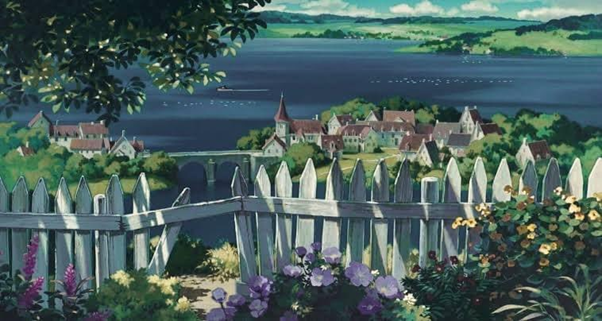
The beauty of the Ghibli universe is that at first glance it seems very much like our own until you dive deeper into its depths and realise that there is more than meets the eye. There is an overlooked magic within the mundanity of its world which makes it so enjoyable and endearing to people. Besides the charm of its obvious tranquillity, it reminds us not to get swept away by life’s rapidity and appreciate the quieter aspects of life and so that we might be rewarded with little adventures of our own. As we begin to become more accustomed to appreciating the little things that make up our daily lives, the Ghibli universe would definitely be a utopia as it would uncover opportunities to discover an unknown world, one where compassion and virtue prevails over iniquity.
Avatar: The Last Airbender
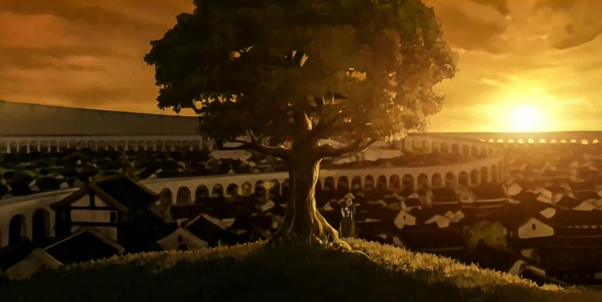
Similar to Narnia, this fictional world caters to everyone’s preferences in terms of their place of settlement. Each nation has a breath-taking view despite how different they are from each other which makes them so unique. These differences are strikingly evident if you take a look at each nation’s complex architecture, culture and social structure. To me, this world is definitely a utopia because they celebrate differences by emphasising on balance in the world, which can only be truly acquired through the union of polar opposites, rather than the segregation of differences or simply the uniformity of all. I find that the appeal of this world is its ability to exhibit everyone’s interconnectedness with each other and nature itself by connecting with our own spirituality and gaining some introspection. Although this world has many adversities like our own reality, there is still an essence of morality amidst all this as people’s sufferings are acknowledged and there is an obvious progression towards harmony of their nations.
Obviously, the entire concept of a utopia is hardly attainable in real life. However, these utopias can become temporary getaways for individuals, allowing them to access a separate world that they idealise and fantasize about. Without these fictional utopias, it might be harder for us to move forward as we would find ourselves in the absence of a model society that we can learn from so that we may discern the way our own society strays from virtue and justice. Although many have taken these fictional utopias lightly and simply as a form of entertainment, I truly believe that there are many lessons we can take from them and incorporate into our own reality. After all, fiction often depicts the covert truths of our own society.



